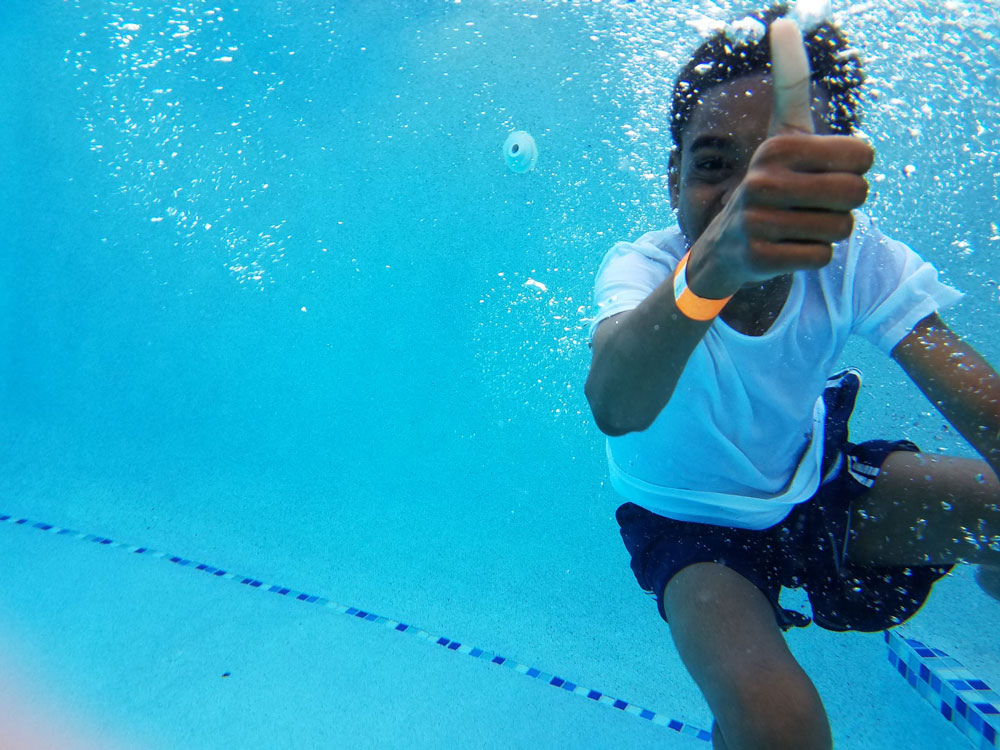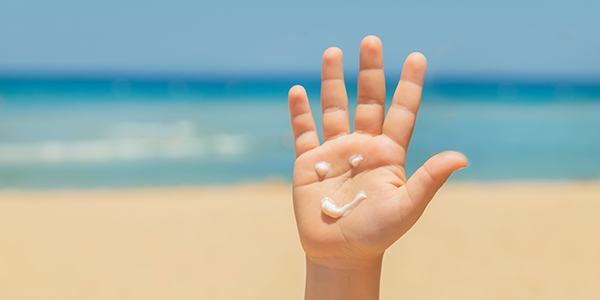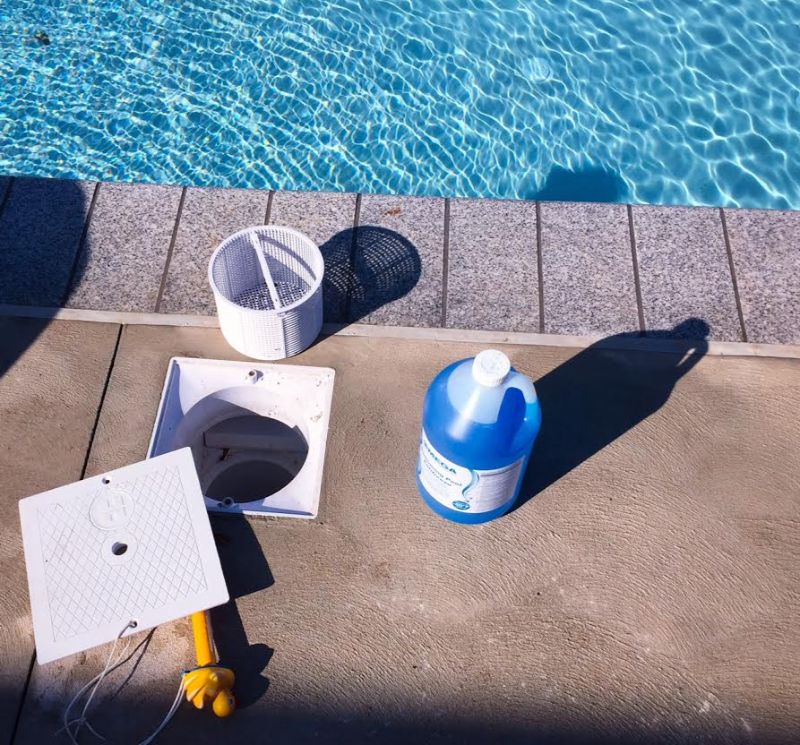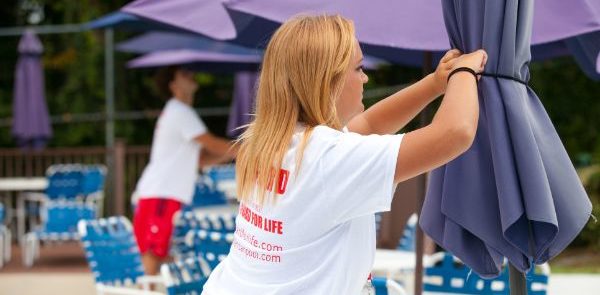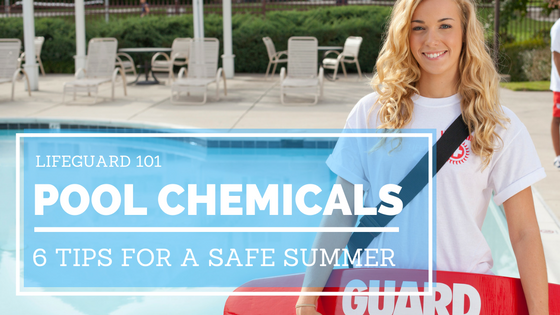New Safety Auditing Program: What You Know Saves Lives
This summer has to be one of the most anticipated by both patrons and lifeguards. That’s because many pool guests are coming off a year with limited opportunities for recreation and fitness. How do we prepare our guard team to meet the challenge of so many swimmers who are out of shape and out of practice? How can our new…

